The Commission created a conceptual framework for its report that situates health futures at the interface of digital transformations and the other transformations affecting health, public health, and health systems. Particular attention was given to the implications that such transformations have for children and young people.
The Commission introduced processes of digital transformations that influence health and qualified them as a new determinant of health and wellbeing (see question 11 below). It discussed the required transformations of UHC in a digital age, with focus on the specific conditions, and approaches under which digital solutions can be used by different actors to strengthen public health and expand the quality, affordability, and accessibility of health services.
The Commission’s report describes the diversified experiences and challenges for children and young people growing up in a digital world, and discusses the importance of putting their views, skills, and needs at the centre of a digitally transformed UHC.
The report outlines the foundational entry points of a value-based framework that should guide governments and societies in preparing for, and governing, digital transformations to benefit health and wellbeing.
Viewing digital transformations of health through the lens of UHC, the Commission found that countries’ approaches to digital health governance were lacking in five areas:
- Most countries’ digital health strategies are not focused on maximising the public value of digital health and data to tackle global health challenges and improve health for all.
- Approaches to digital transformations in health and other areas are not sufficiently grounded in key principles—such as solidarity, human rights, equity, and inclusion which could help to increase the public value of digital health and prevent technology and data being used in harmful ways.
- The views and needs of young people are almost never prioritised in digital health strategies and young people are not adequately involved in policy or technology development.
- Governments are not using their full powers to control the actions of technology companies so that they promote health, wellbeing, and human rights—especially for young people.
- Despite the global nature of the internet and digital transformations, governments are slow to cooperate with other countries in agreeing common global governance frameworks for digital health and health data.
